- TAKING CONTROL OF YOUR MONEY
This course is taking control of your money. It looks ways to manage money better by keeping track of money and identifying the important things to pay first.In this course you will learn how to take control of your money by:- Understanding how money is changing
- Thinking about how your money decisions are made
- Using ‘needs and wants’ to help make money decisions
- Finding out how to keep track of money
- Understanding which bills should be paid first
- Drafting your own budget
- Learning how to keep on track with your budge
- MAKING SAVINGS HAPPEN
This course is about saving. But saving is often difficult. This course looks at why and how saving can be difficult and we explore ways to motivate ourselves and manage in challenging circumstances.In this course you will learn how to keep on track with savings by:- Creating saving-goals that help you to achieve what you think is important
- Setting up practical steps towards saving
- Working out smart savings goals that work
- Considering practical ways to reduce expenses
- Becoming more aware of situations that influence spending and what can be done to ease their effect
- Learning how the different ways of thinking can lead to unwise money decisions
- Identifying your money style
- USING BANKS AND OTHER MONEY SERVICES
This course is about using bank accounts. This course looks at types of bank accounts and services to select the best option for you. It looks at paying bills through the bank and making sure your money is looked after.In this course you will learn how to select a bank account that is right for you by:- Looking at the different types of banks and services
- Understanding the different bank account options available
- Identifying different bank account fees and charges that could be applied to an account
- Understand phone and internet banking and how it works
- Learning about ways to improve banking security on the internet
- Understanding direct debit services
- Learning about what to do if you have an issue with your bank
- Reading bank statements to identify problems and possible savings
- KNOWING ABOUT CREDIT
This course is about Credit. Credit can be seen as helpful and also hazardous. This course looks at credit. Why it can be expensive and some of the benefits and problems of using it. We look at how to reduce the cost of credit and think about when to use it.In this course you will learn how to take control of your money by:- Defining what credit is and the types available
- Identifying the fees and charges that may be charged on credit
- Understanding how paying only the “minimum payment” can add to the cost
- Thinking about when it is best not to use credit
- Becoming aware of the downsides of co-signing a credit contact
- Discussing ways of dealing with debt
- Learning about credit reports
- SUPERANNUATION
This course is about superannuation. It is an introduction to how Superannuation works and how to work towards a good retirement income.In this course you will learn about how to manage your superannuation by understanding:- What superannuation is, its purpose and how it applies to you
- The law as it applied to workplaces and their contribution to your Superannuation understand
- How superannuation works, its terms and conditions
- How it is paid out, and specific conditions of release
- The benefits of early and continued investment in super
- Rolling over multiple super funds and collecting lost super
- Making the most of super
A Financial Capability Officer can schedule a Financial Literacy workshop at your organisation for staff or a group of clients. For more information please leave a contact name and number for your organisation.

